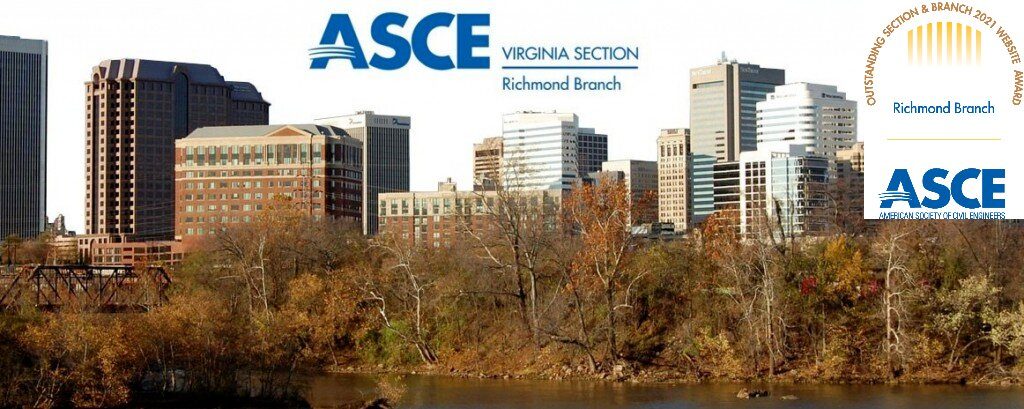ASCE Sustainability Initiatives
Denise Nelson, P.E., CFM, ENV SP, LEED AP
Sustainability is one of ASCE’s four key programs (along with the Grand Challenge, Infrastructure, and Raise the Bar). The society defines sustainability as “a set of economic, environmental, and social conditions (aka “The Triple Bottom Line”) in which all of society has the capacity and opportunity to maintain and improve its quality of life indefinitely without degrading the quantity, quality or the availability of economic, environmental and social resources.” They further define sustainable development as “the application of these resources to enhance the safety, welfare, and quality of life for all of society.”
ASCE offers many recommendations for implementing sustainable infrastructure practices. The Code of Ethics starts with an emphasis on sustainable infrastructure. Canon 1. Hold Safety Paramount states “Engineers shall hold paramount the safety, health and welfare of the public and shall strive to comply with the principles of sustainable development in the performance of their professional duties.”
In addition, several ASCE Policy Statements focus on sustainable infrastructure, including:
- #360 Impact of Climate Change supports research, collaboration, updating design standards, and creating requirements to address climate change.
- #418 The Role of Civil Engineers in Sustainable Development states that civil engineers should be committed to the principles of sustainable development.
- #451 Life-Cycle Cost Analysis (LCCA) supports the use of LCCA principles in the complete design process to wholly and completely evaluate the total cost of projects.
- #488 Greenhouse Gases supports strategies to reduce GHG emissions in all lifecycle phases of infrastructure systems.
- #517 United Nations Sustainable Development Goals supports the implementation of the UN SDGs and consideration of affordable financing practices.
- #543 Performance-Based Ownership of Infrastructure recommends that the owners of all civil infrastructure, public and private, become performance-based owners.
Just this summer, ASCE approved new Policy Statement: #556 Owners Commitment to Sustainability that recommends owners, both public and private, incorporate sustainability principles and practices in the development of infrastructure projects. I’m proud to have worked with the team that developed the policy.
The Sustainability website includes the “Sustainability Roadmap” designed to guide members in transforming the profession, searchable resources such as manuals and case studies, links to the Envision® guidance and rating system for sustainable infrastructure, and information on the new “Sustainable Infrastructure Certificate Program.” There’s also a save the date notice for the next International Conference on Sustainable Infrastructure to be in Los Angeles in November 2019.
To create and compile these resources, ASCE has a national Committee on Sustainability with several substituent committees focused on sustainability policy statements, white papers, social media, training and outreach, advocacy, and case studies. The Richmond Branch and Virginia Section do not have their own local Sustainability Committees, but there are opportunities to participate on the national and substituent committees. I serve on the Committee for Sustainability / Advocacy and Communication Committee / Policy Committee and would be happy to provide additional information on ASCE’s sustainability initiatives. Contact me at Denise@bgllc.net.
